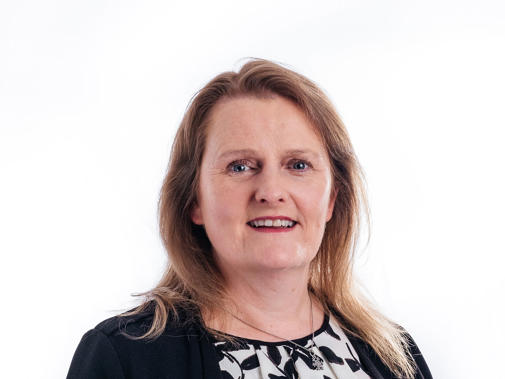Autism is a common neuro-development condition which can affect a person in many different ways.
It can be considered an invisible disability, which leads to a very different set of challenges compared with more obvious forms of disability. While it is listed as a disorder in Diagnostic and Statistical Manual of Mental Disorders, it is more properly considered a disability, although some who meet the diagnostic criteria but do not consider themselves disabled, prefer to consider autism as an identity.
Personally, autism is undoubtedly an invisible disability for me. There are things I want to do, places I want to go, which are impossible for me without accommodations.
A desire to connect with other autistic doctors was the driving force behind setting up peer support group Autistic Doctors International and membership has grown steadily over the past year.
Increasing recognition of previously undiagnosed autistic adults has led to the same phenomenon in medicine and it is becoming clear that there are lots of us. Many of us are managing well, at least on the surface, but lots more of us are seriously struggling. The challenges are magnified without accommodations, and many burn out and leave the profession prematurely.
We’ve come a long way since Australian sociologist Judy Singer coined the term ‘neurodiversity’ in 1998. Conditions such as dyslexia, dyspraxia, autism and ADHD are now recognised as part of natural human variation rather than inherently pathological and the associated strengths and contributions are starting to be appreciated.
This is particularly notable in the intelligence services and the corporate world, where specific neurodiversity and autism hiring programmes are becoming increasingly common owing to the recognition that diversity in teams is advantageous and can bring a competitive advantage.
We have some distance to travel to match this progress in medicine, where the tragedy narrative around autism is still all too common. Most autistic doctors I know do not disclose their diagnosis, because of stigma and fear of negative career consequences. Yet the effort of constantly ‘masking’ or camouflaging our autistic traits is associated with poor mental health, burnout, and suicide.
No one would fail to recognise a staircase as a barrier for a physically disabled person. It is far less common to recognise communication and sensory barriers for those of us who are autistic.
Those who are neurotypical (or non-autistic) simply won’t experience those same barriers, and it can be difficult to realise that autistic people really do experience the world differently.
Noise, lighting, smells, textures and temperature are some of the sensory barriers we experience. Indirect, ambiguous language littered with metaphors and hints along with unspoken messages conveyed by body language are some of the communication challenges.
The olfactory onslaught of a typical airport duty-free area, for example, would be as much of a barrier for me as steps if I was physically disabled. On a bad day, I’d miss a flight unless I could find another way around.
Since autism as a disability is often invisible, so are the barriers and the solutions we need. Conceptualising autism as a different culture, and autistic communication as a different language can be helpful.
I have learnt to speak ‘neurotypical’ pretty well, but I’ll always have an ‘accent’ because it’s not native to me. We readily accept communication differences from our overseas colleagues, so why not from a neurodivergent colleague with a different communication style?
Understanding and awareness are the key, and in my experience, few will object once they understand. Neurodiversity and autism awareness training initiatives are hugely beneficial and will be required across all healthcare settings.
The benefits of recognising and understanding autism for ourselves and our colleagues will also benefit our autistic patients; a group experiencing serious healthcare disparities, including increased morbidity and mortality.
Even in-hospital mortality is increased for autistic patients. Addressing these healthcare inequalities requires deep understanding of autism and who better than autistic doctors to advise, but we need to make it safe to disclose.
Increased understanding and recognition of the needs of autistic doctors is vital, along with the required accommodations which are often inexpensive and easy to provide.
The greatest need is for a shift in attitudes. Far too many hold the erroneous view that being autistic is incompatible with a successful medical career.
The truth is that many medical and scientific innovations, historically and currently, are undoubtedly owing to autistic doctors and scientists. Our profession is better served by supporting us to reach our potential, because medicine needs all kinds of minds.
Mary Doherty is a consultant anaesthetist and founder of peer support and advocacy group, Autistic Doctors International

